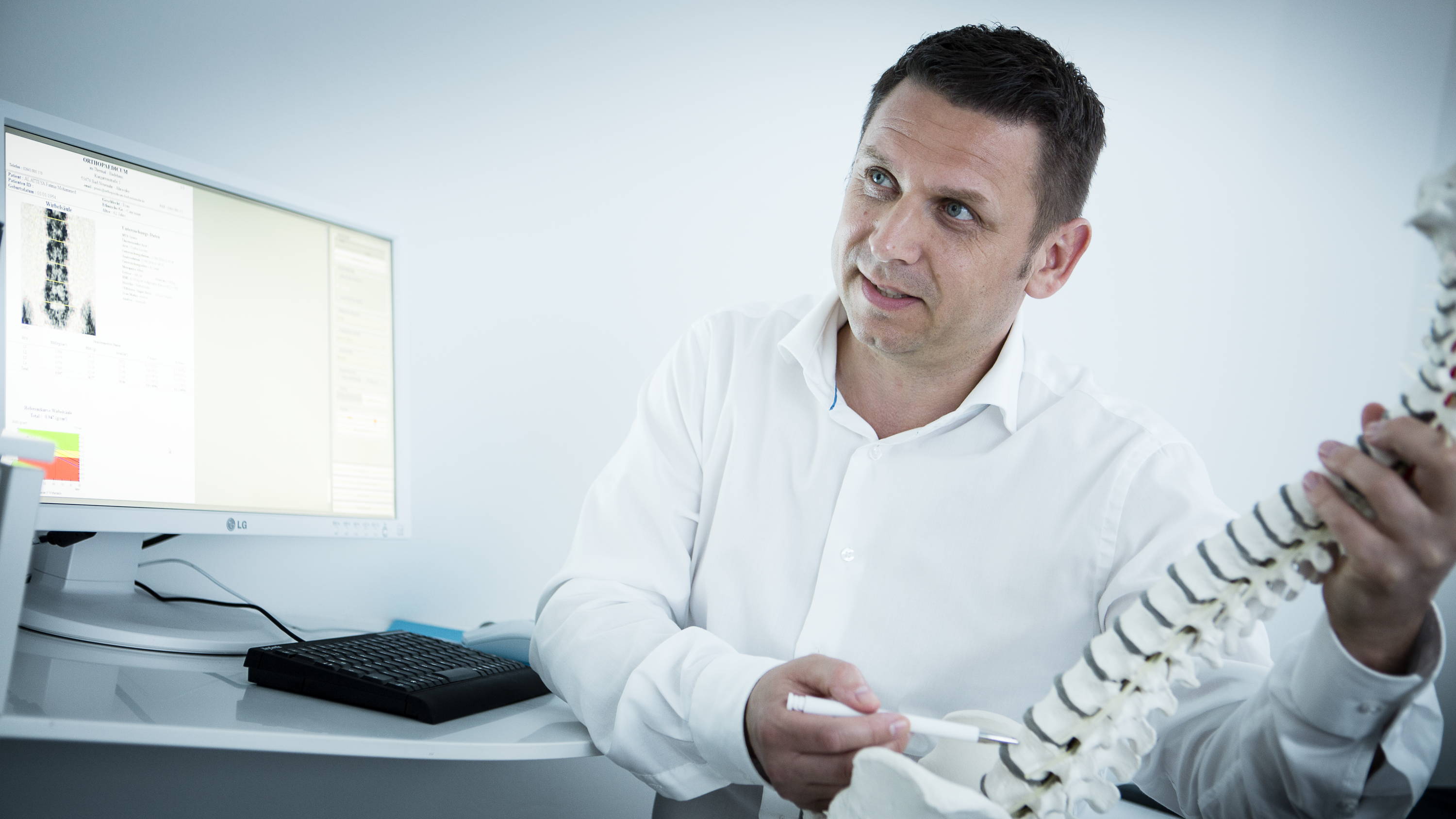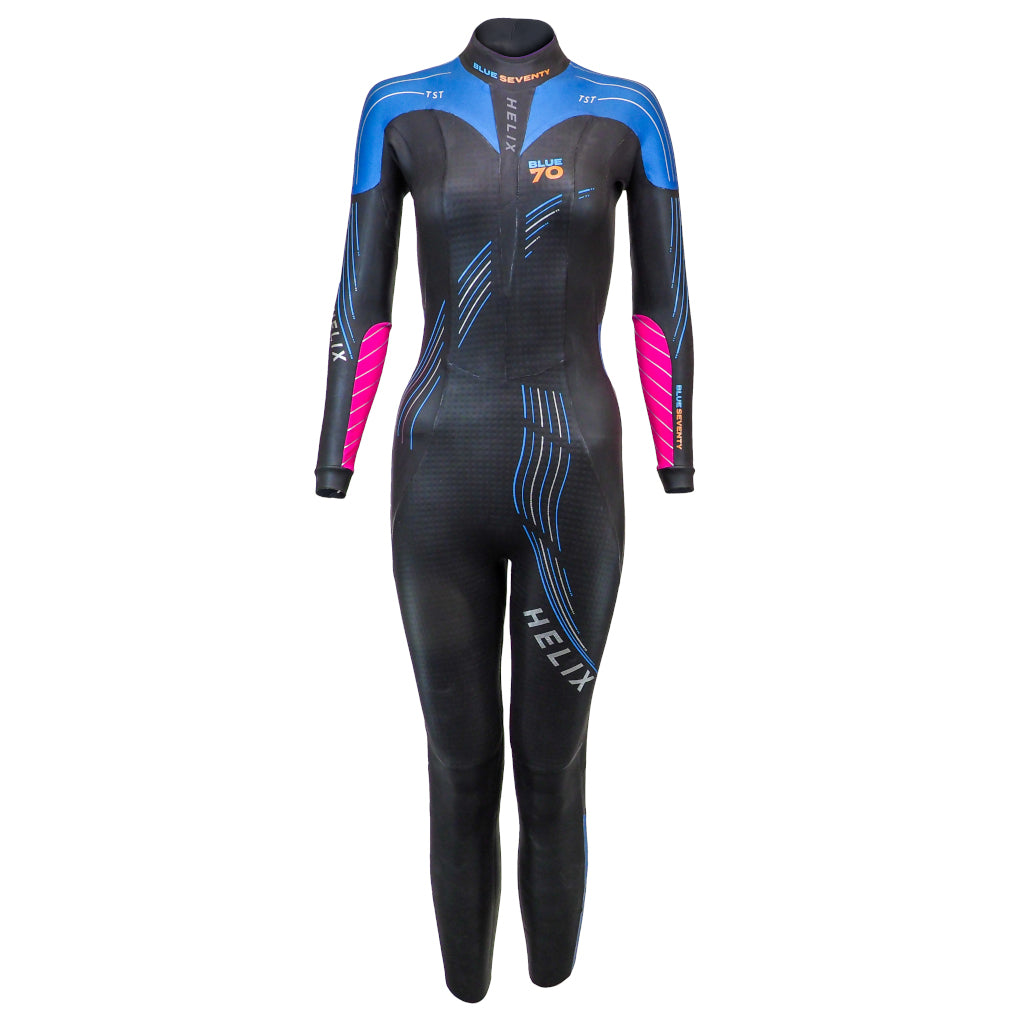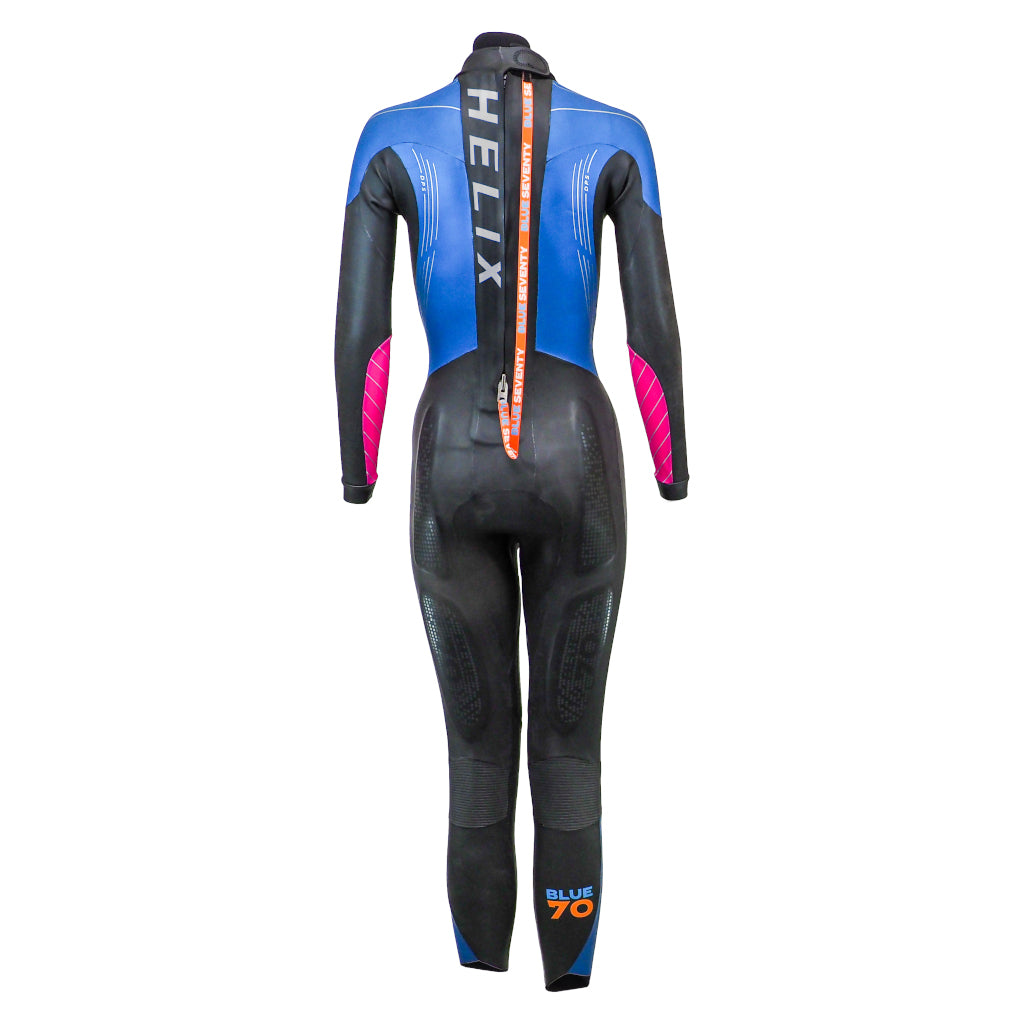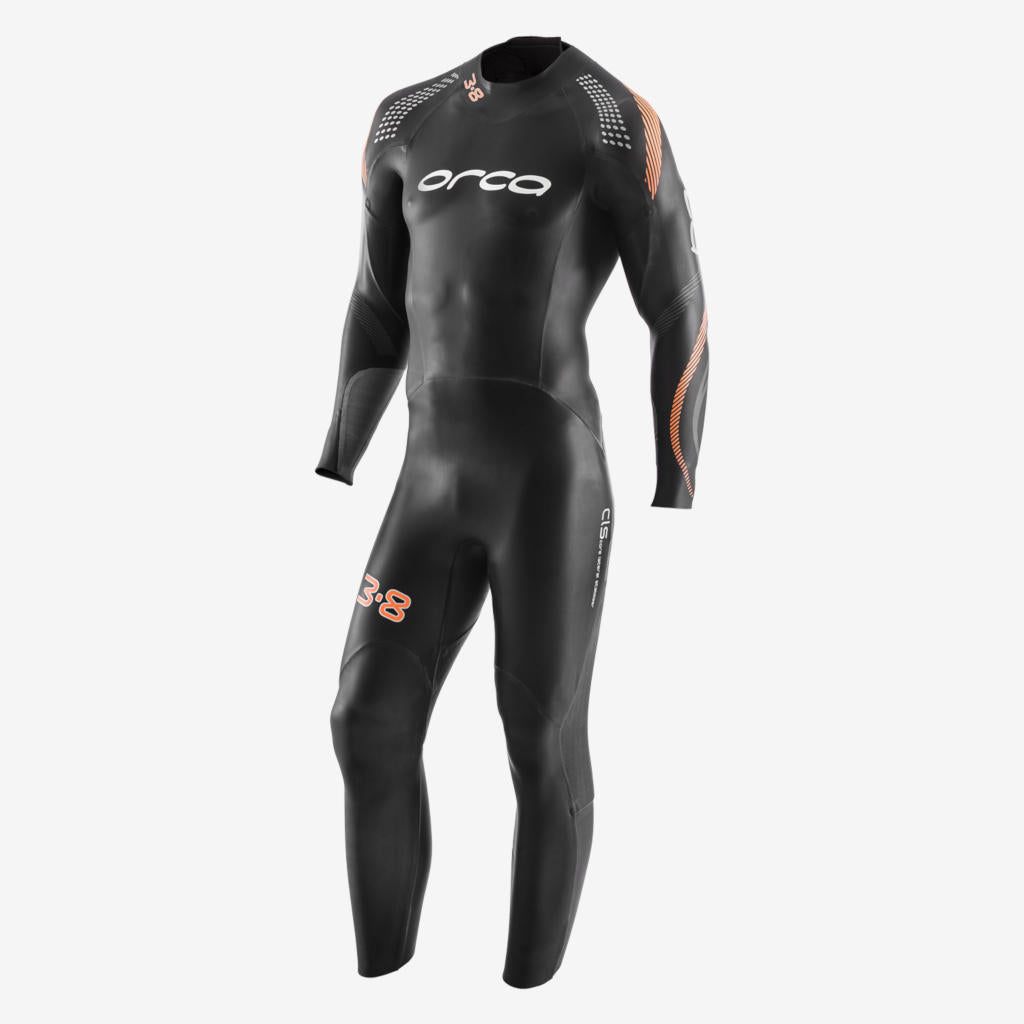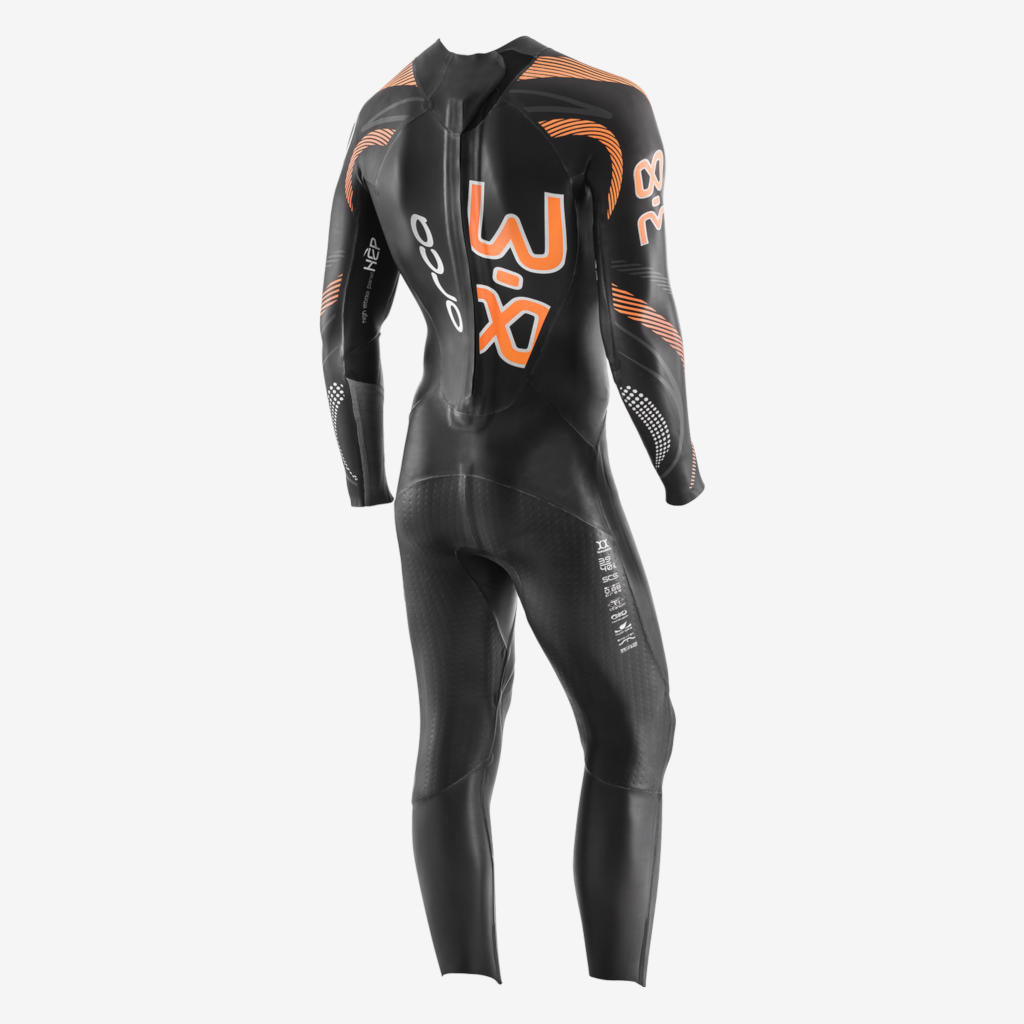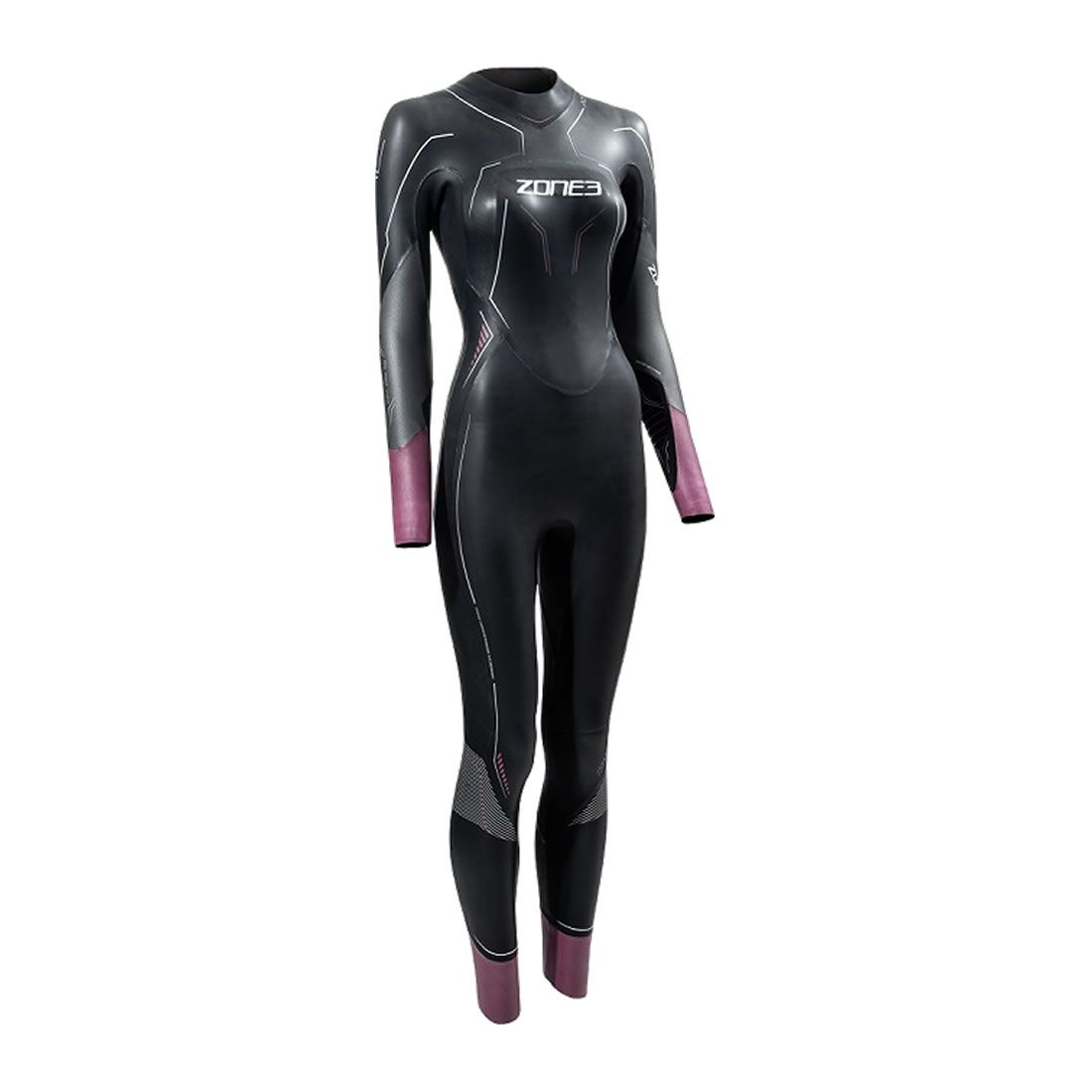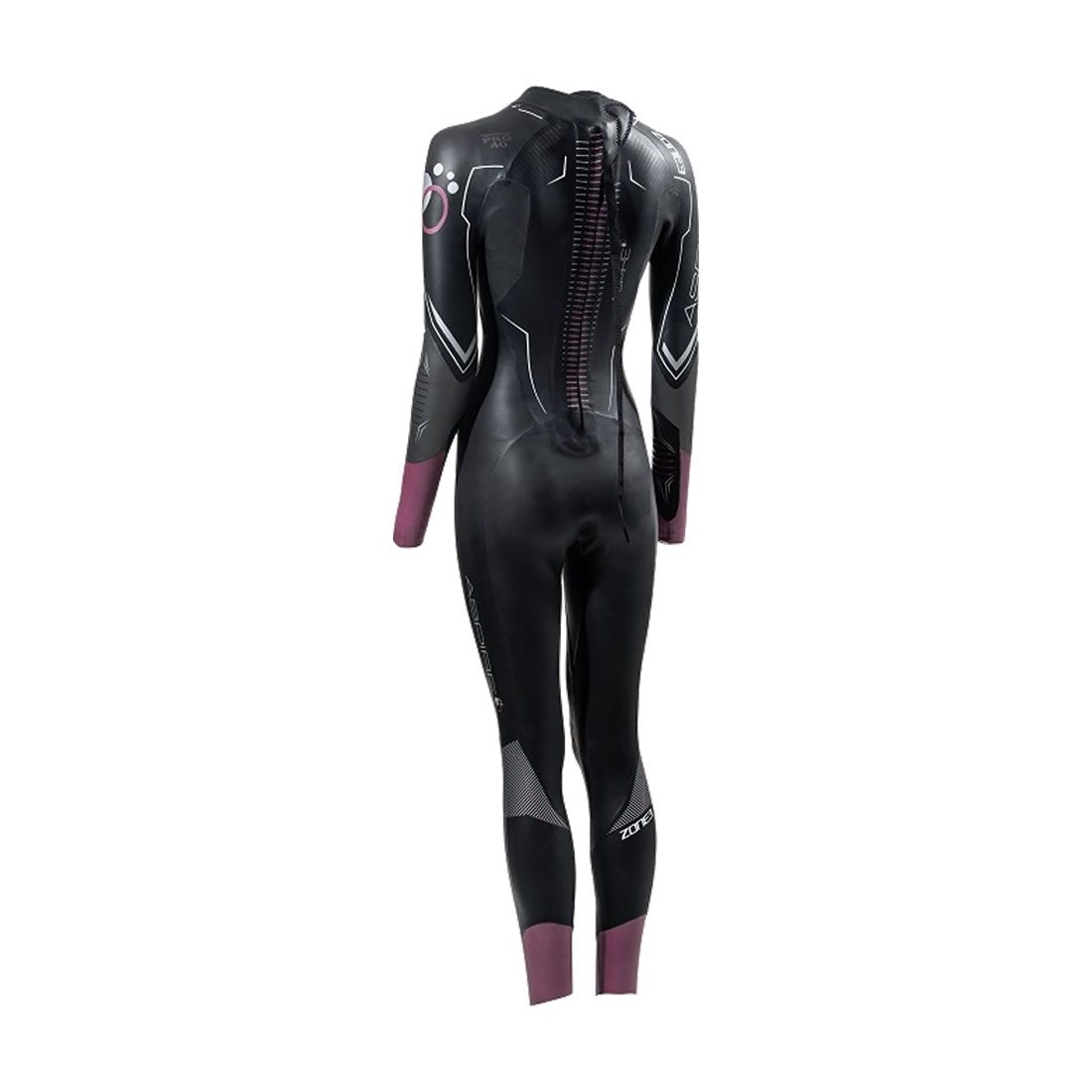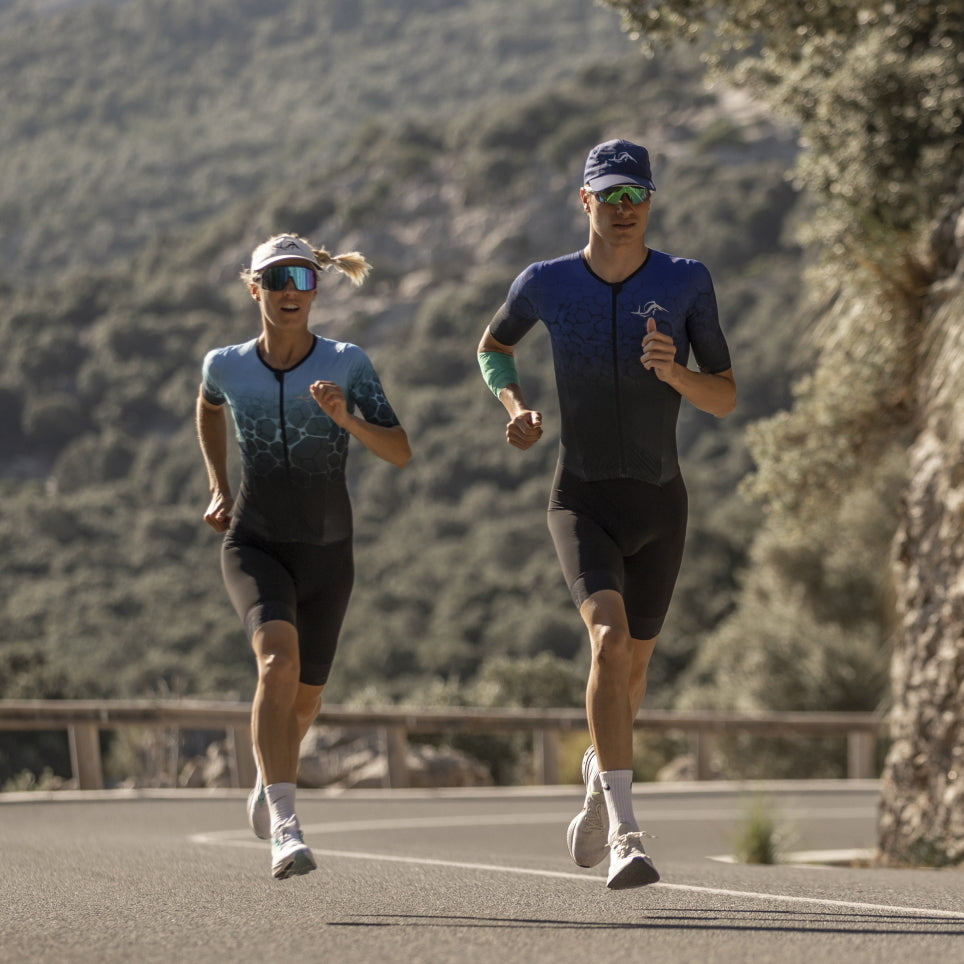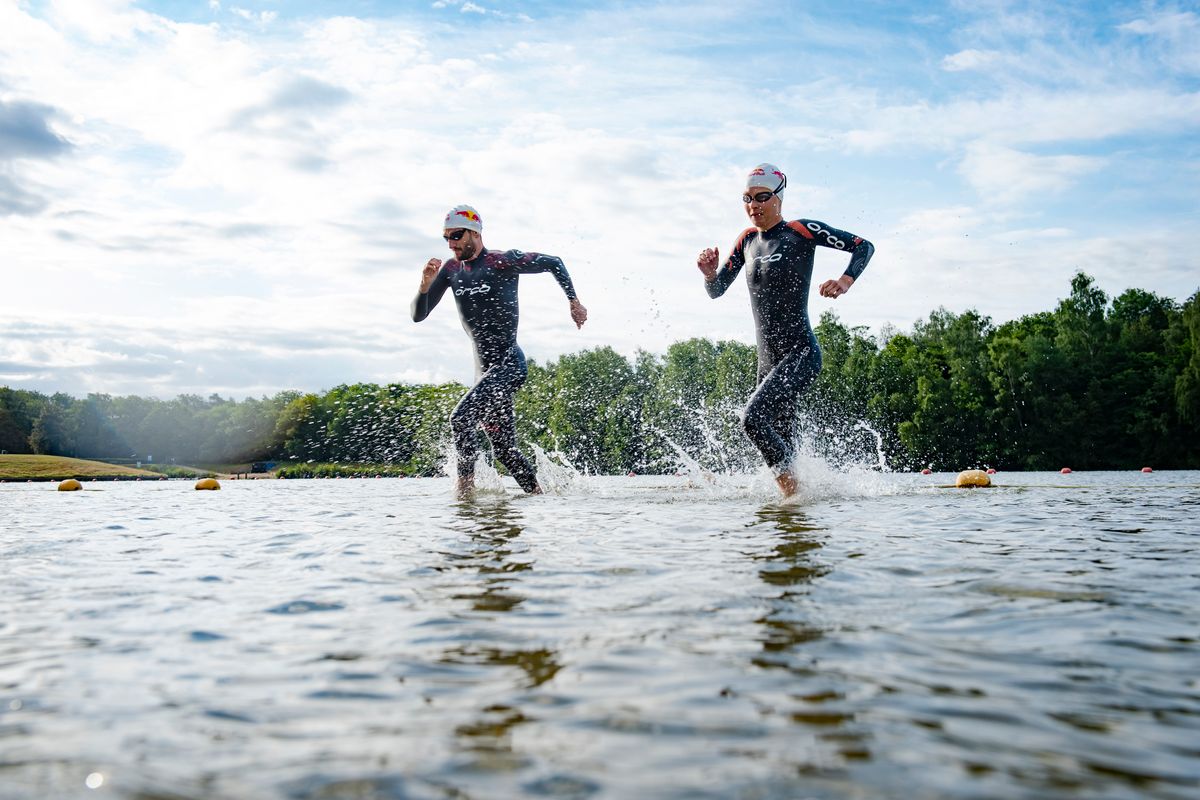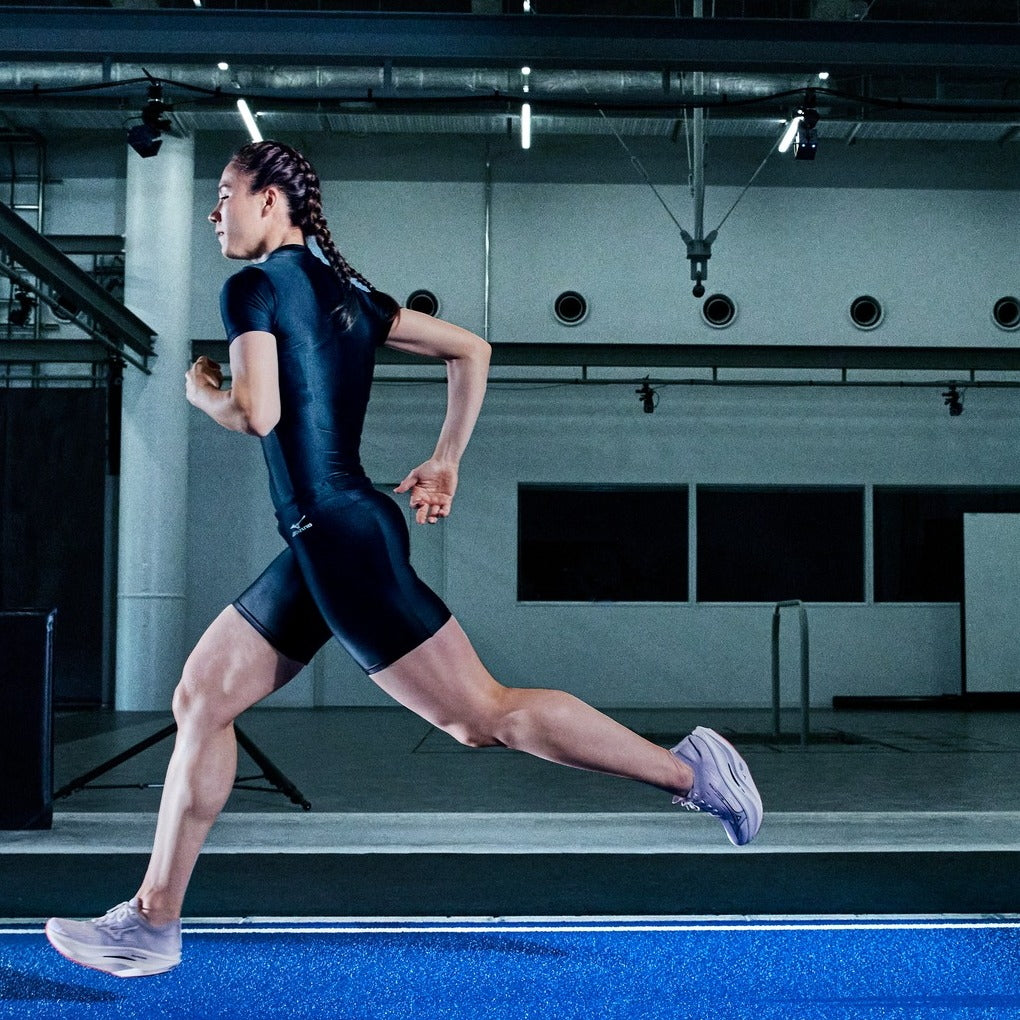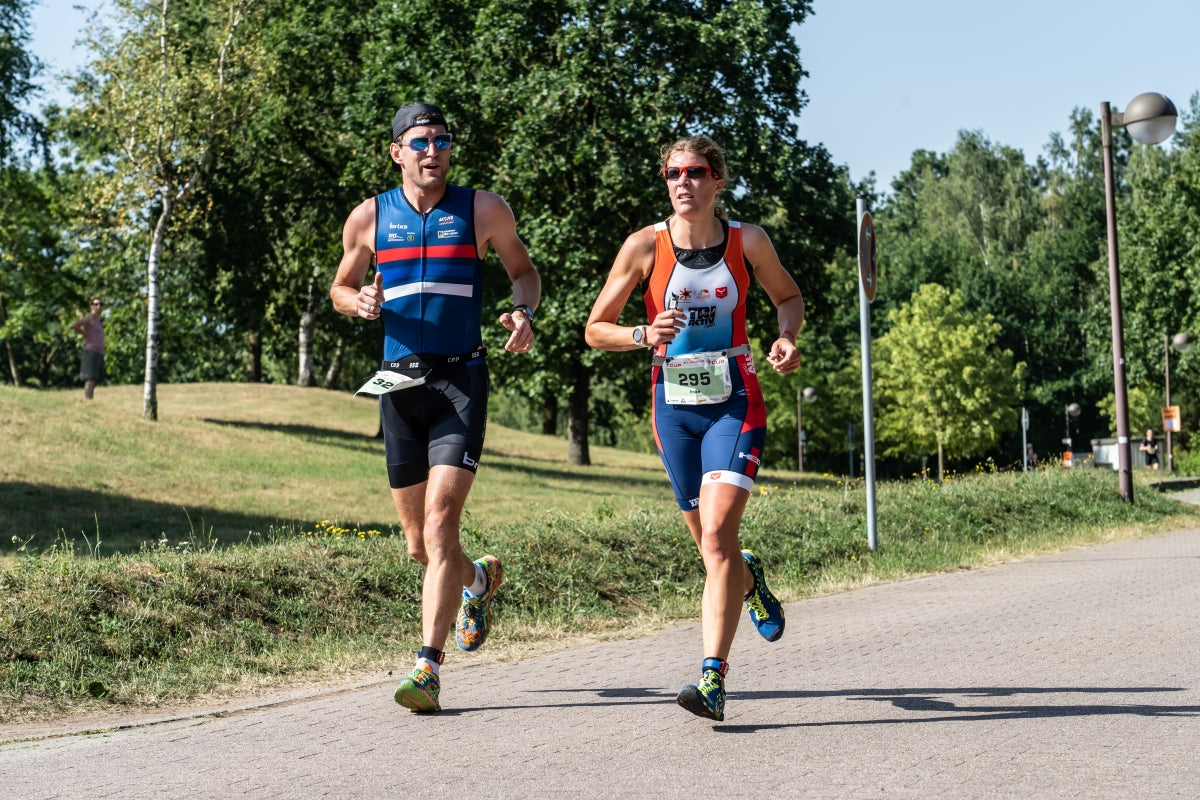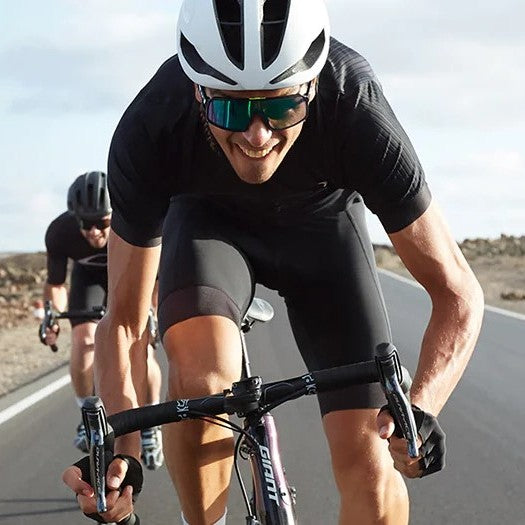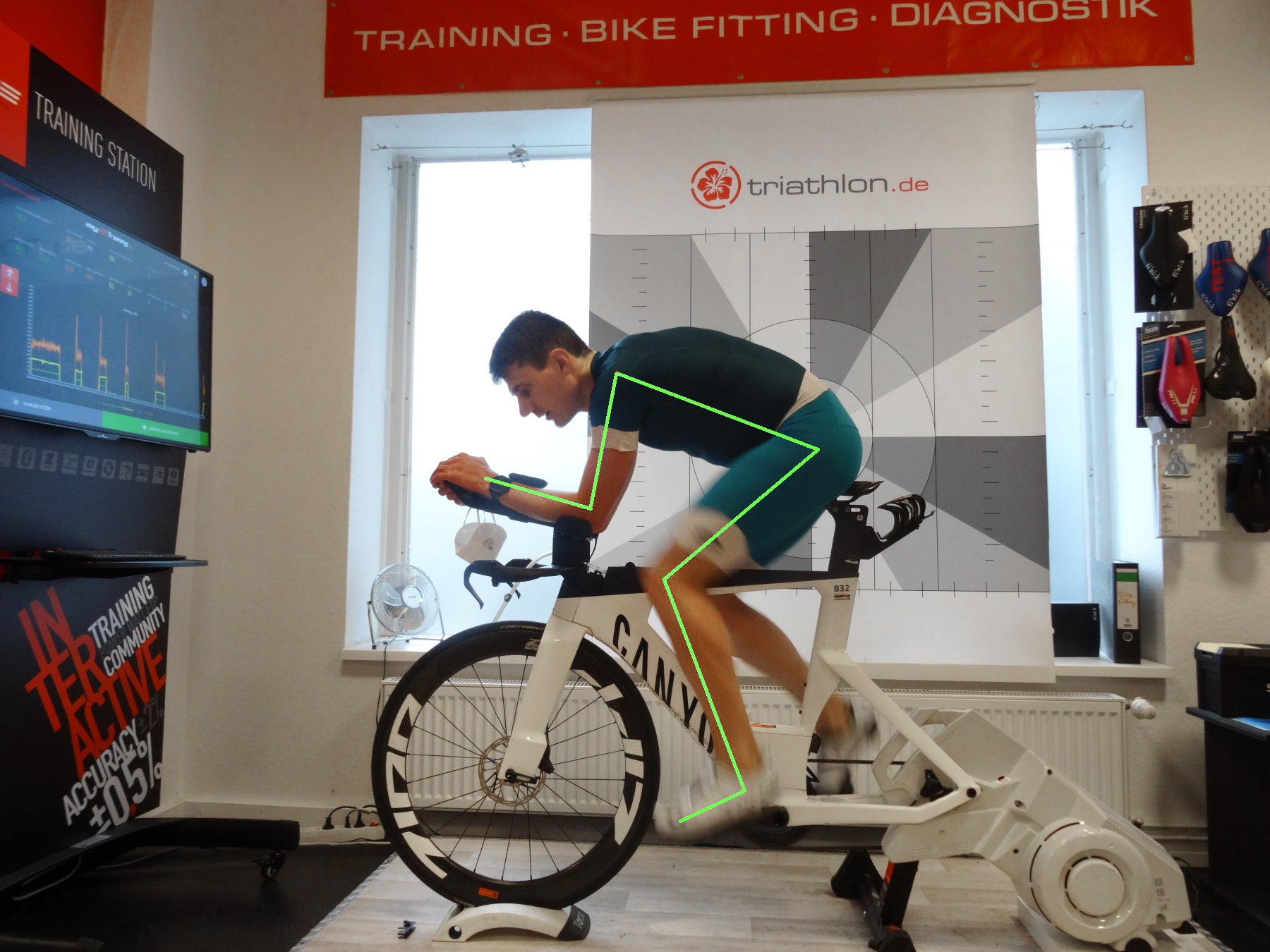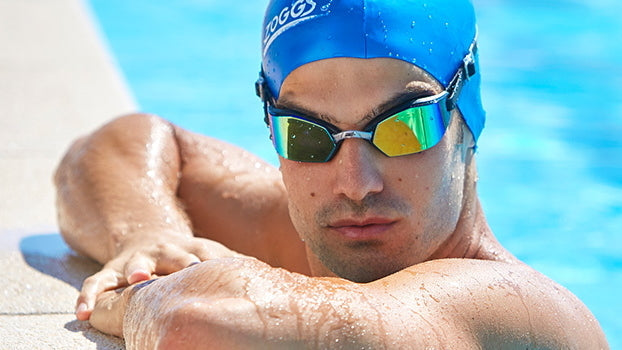Eine Zwangspause aufgrund einer Verletzung ist sowohl für Hobby, als auch Profisportler ärgerlich und oft auch mit Schmerzen verbunden. Dabei sind der richtige Umgang mit der Verletzung und die Eigenverantwortung eines jeden Sportlers gefragt. Dr. Csaba Losonc ist Sportmediziner und kennt sich insbesondere mit den Themen Arthrose und Prävention in Sachen Hobbysport aus. Im nachfolgenden Gastbeitrag klärt er nicht nur über drei typische Fehler auf, die ein Sportler macht, wenn er verletzt ist, sondern zeigt ebenso, wie man diese vermeiden und seinen Sport verletzungsfrei ausüben kann.
Fehler Nummer 1: Zu spät zum Arzt zu gehen
Tritt eine Verletzung auf, sollte man sofort auf die Signale des Körpers hören, die Aktivität unterbrechen und einen Arzt zu Rate ziehen. Genau hier liegt der erste Fehler, den Sportler in diesem Zusammenhang meistens begehen: Sie zögern den Gang zum Arzt hinaus oder ziehen diesen überhaupt nicht in Betracht. In Zeiten von Google und Wissensplattformen neigt man gerne zur Selbstdiagnose und vertraut darauf, dass der Körper das selbst schon wieder hinbekommt. Ein bisschen Schonung und der Griff zu Schmerztabletten ersetzen jedoch keine professionelle Untersuchung mit anschließender Diagnose. Insbesondere wenn Sehnen, Bänder oder Muskeln ernsthaft verletzt sind, braucht es eine entsprechende Therapie und eventuell eine Schiene oder andere Hilfsmittel, um für Heilung zu sorgen. Auch spielen in manchen Fällen die Aussagen von Trainern eine Rolle, die in erster Linie möchten, dass ihre Leistungsträger wieder einsatzbereit sind und daher darauf pochen, möglich wieder fit zu werden. Es gilt jedoch, Eigenverantwortung zu übernehmen und direkt zu Beginn einen spezialisierten Arzt aufzusuchen. Ein Sportmediziner kann gezielt weiterhelfen und den richtigen Behandlungsplan aufstellen.
Fehler Nummer 2: Die Diagnose wird viel zu spät gestellt
Ein ebenso häufiger Fehler begründet sich darin, dass eine etwaige Diagnose zu spät gestellt wird, beispielsweise, weil ein normaler Hausarzt zur Cortisonbehandlung rät, um zunächst den Schmerz ruhigzustellen. Natürlich ist ein Entgegenwirken im Fall von Schmerz ratsam, allerdings niemals durch Cortisonbehandlungen und auf Kosten einer gründlichen Untersuchung und treffsicheren Diagnose, die dann meistens unter den Tisch fällt. Sportler müssen wissen, welche Verletzung genau sie sich zugezogen haben, um entsprechend handeln zu können. Am besten ist es deshalb, man begibt sich in die Hände eines Sportmediziners, der umfassende Erfahrung hat und im Laufe seiner Karriere bereits viele Sportverletzungen erfolgreich behandelt hat. Er oder sie wird relativ zügig die richtige Diagnose stellen können. Letztere ist grundlegend dafür, um auch im Hobbybereich eine angemessene Behandlung zu erhalten.
Fehler Nummer 3: Zu frühe Belastung nach der Verletzung
Selbst im Hobbybereich fällt es Sportlern schwer, die Füße still zu halten und ihre Verletzung in Ruhe auszukurieren. Der Körper braucht Zeit, um heilen zu können und beispielsweise Entzündungen abzubauen. Im Fall von Sehnenscheidenentzündungen durch Überbelastung sind verordnete Schonzeiten von sechs Wochen keine Seltenheit. In jedem Fall gilt: Als Sportler sollte man sich an die Empfehlung des Arztes halten und im eigenen Interesse Geduld beweisen. Zu früh wieder anzufangen, weil die Teamkollegen ständig nachfragen, man den Stillstand nicht mehr aushält oder der Trainer Druck macht, kann im schlimmsten Fall dazu führen, dass eine Verletzung neu aufflammt und größere Schmerzen bereitet als zuvor. Dann steht ein langer Leidensweg bevor. Es gilt demnach, dem eigenen Körper unbedingt die Zeit zu geben, die er braucht, um wieder vollständig gesund zu sein. Bei schwerwiegenden Verletzungen kann Physiotherapie unterstützend sein und einzelne Körperteile sanft wieder an normale Bewegungsabläufe gewöhnen.
Ein Fazit
Dr. Csaba Losonc empfiehlt eine sportmedizinische Untersuchung, die Hobbysportlern dabei hilft, diese Fehler zu vermeiden und etwaige Probleme oder Verletzungen ausschließen zu können. Auch können Trainingsfehler auf diese Art und Weise aufgedeckt werden. Insbesondere im Fall eines Wiedereinstiegs nach einer Verletzung oder bei Beginn einer neuen Sportart ist die Konsultation eines Profis, der einen sportmedizinischen Check-up bieten kann, ratsam.
Experten Vita Dr. med. Csaba Losonc
Dr. med. Csaba Losonc ist Experte für Arthrose und Prävention in Sachen (Hobby-)Sport, sowie eingetragen in der Liste der anerkannten Sportmediziner von der Deutschen Gesellschaft für Sportmedizin (DGSP). Seinen Patienten gilt besondere Leidenschaft, denn Empathie und Einfühlungsvermögen versteht er als wichtigstes Instrument bei seiner Arbeit. Dr. Losonc und sein Team legen bei der Diagnosestellung außerdem Wert auf modernstes Equipment, um die beste Behandlung garantieren zu können. Gerne gibt Dr. Losonc kompetente Beratung für Sportler. Mehr Informationen erhalten Sie auf seiner Webseite.
Entdecke die besten Schwimmbojen
Sichtbarkeit, Sicherheit, Trockensack in vielen Farben

